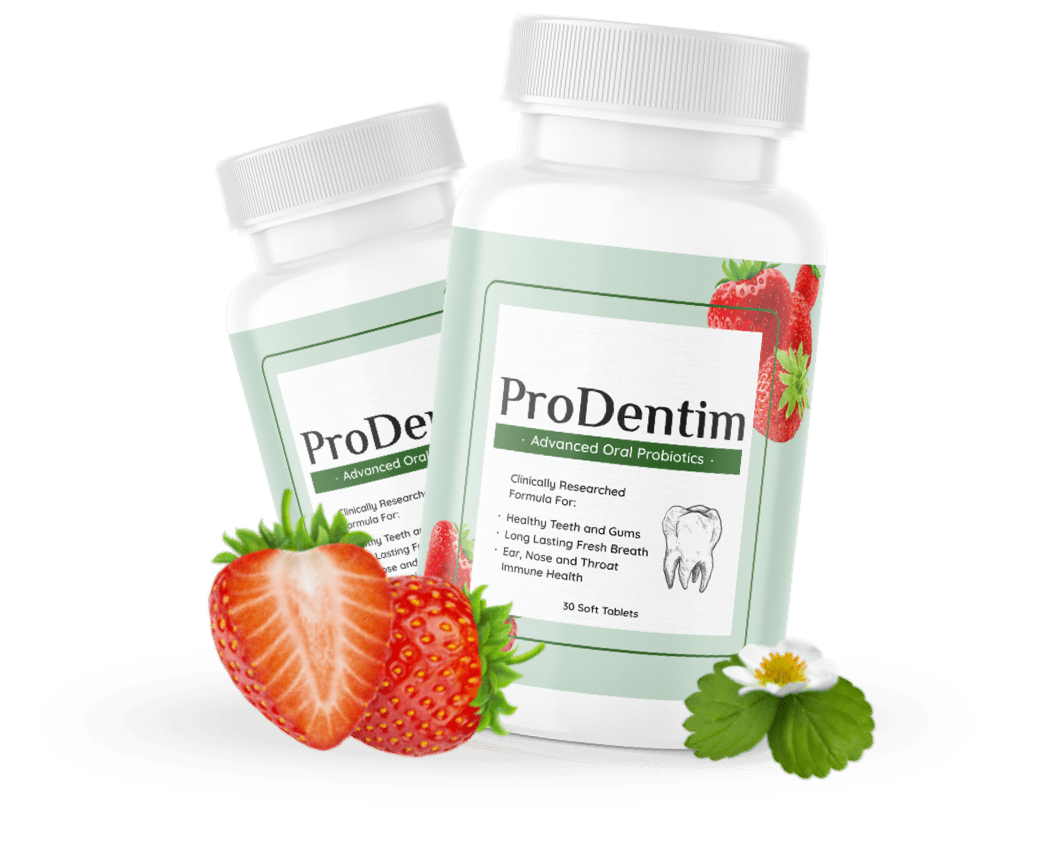The mouth functions as a intricate environment where numerous beneficial bacteria play an active role in digestion. Simultaneously, this setting harbors harmful bacteria that lead to various health-related diseases, affecting overall well-being
When the body's resistance is good and comprehensive oral health care is taken every day such as brushing, flossing, rinsing with antiseptic water, bacteria will be controlled.
When oral care is not taken, bacteria will increase activity leading to dental diseases and a number of other diseases.
Why is the mouth full of bacteria?
Our mouth, or what scientists call the oral microbiome, is a complex community with much communication between bacteria of the same species as well as between species. When our teeth feel unclean and need cleaning, we are sensing their presence.
It is estimated that in our mouth there are about 300 species of bacteria, including Lactobacillus (causing tooth decay), Fusospirochete (causing gum disease). In particular, some bacteria such as Srteptococci are almost harmless to teeth, but cause quite a lot of serious gum disease.
In addition to harmful bacteria, in the oral cavity there are also countless harmless bacteria, even beneficial when contributing to controlling harmful bacteria to the body. Although there are both harmful and beneficial bacteria in the mouth, it is still best to maintain a clean oral hygiene routine every day, so that you can ensure healthy teeth and at the same time do not affect your oral health. health .
So, why the mouth is a place for bacteria to like to stay, in fact, oral bacteria also thrive inside our cheeks and on our tongue, palate, tonsils and gums. The mouth is an excellent habitat for single-celled microorganisms. Because our mouth is often moist, has a fairly neutral pH and a comfortable temperature.
But despite this perfect environment, not all germs in the mouth stay. There are bacteria in the mouth that can be linked to diseases or conditions in other parts of the body.
When we eat, drink, chew, swallow, many bacteria will also enter the intestine, but blood is also a convenient form of transport. Every time you chew, brush or floss, these germs are pushed into the tiny vessels in the gums. To explain this, scientists think that teeth are made up of a cellular structure like bone.
However, they are unique in that they are the only part of the body that penetrates the skin with the bone at the base. So when the damage is done, the bacteria may have entered the bloodstream. Even infection of the oral cavity, teeth, gums ... the protection system will break.
When oral bacteria enter the bloodstream, it can travel to organs throughout the body, including the brain. Because of a healthy mouth, the immune system will prevent the kit from entering the body and causing infection.
Although it is not possible to completely prevent it, proper and scientific oral hygiene will reduce the amount of harmful bacteria that can enter.
When oral bacteria cause illness is to worry?
The two most common types of harmful bacteria in the oral cavity are Streptococcus mutans and Porphyromonas gingivalis.
Streptococcus mutans lives in the oral cavity and absorbs the sugars found in the foods we eat every day. These bacteria ferment carbohydrates and produce acids, causing the pH in the mouth to drop. Continuous pH <5 will demineralize the tooth, the hard calcification layer of the tooth surface is damaged and initiate the process of tooth decay.
Porphyromonas gingivalis (Pg) is usually not readily available in the oral cavity of healthy people. But when it proliferates, this bacteria binds to the periodontitis, causing periodontitis, toothache, and possibly tooth loss. In addition, Porphyromonas gingivalis has also been shown to be one of the causative agents of cancer, Alzheimer's in humans.
Depending on where in the body it decides to go, Pg has been linked to a number of serious health problems, including pneumonia, rheumatoid arthritis, heart disease, hepatitis, and esophageal cancer.
Researchers now know that it can cross the blood-brain barrier, a dense network of cells that protects the brain from harmful substances. Then, Pg can cause pathological changes.
Other researchers have observed Pg in the brains of deceased people with Alzheimer's disease. But what was really surprising was that it was found in much higher levels of the key Pg proteins, called gingipains, in the brain than in mentally healthy people of the same age.
That’s why we created


It’s the only product in the world with a unique blend of 3.5 billion probiotics and nutrients, specially designed to repopulate your mouth with good bacteria.
Every ProDentim you chew will support the good health of your gums and teeth.
And when the mice were infected with Pg orally, similar DNA fingerprints were detected in their brains, as were changes commonly seen in people with Alzheimer's disease.
Importantly, the researchers say, the movement of bacteria from one part of the body is a natural process. Although it is not possible to completely prevent it, proper and scientific oral hygiene will reduce the amount of harmful bacteria that can penetrate and thereby prevent some of the harm.
Bottom Line: There are many types of bacteria in the mouth, and it's important to keep it on the healthy side. Every day we need to clean our teeth properly and properly. Using a toothbrush and flossing helps dislodge food particles that can build up bacteria and contribute to inflammation and infection of the gums.
In addition, it is necessary to use diluted salt water to rinse your mouth or a specialized mouthwash recommended by dentists. And it is important to have regular dental check-ups as directed by your dentist. General health examination for early detection of systemic diseases, timely and correct treatment. Contact your dentist as soon as possible with dental problems. So taking good care of your oral health is also taking care of your whole body's health.
MSc. Tran Thi Nguyet Anh
Source: Health and Life






.jpg)
0 Nhận xét